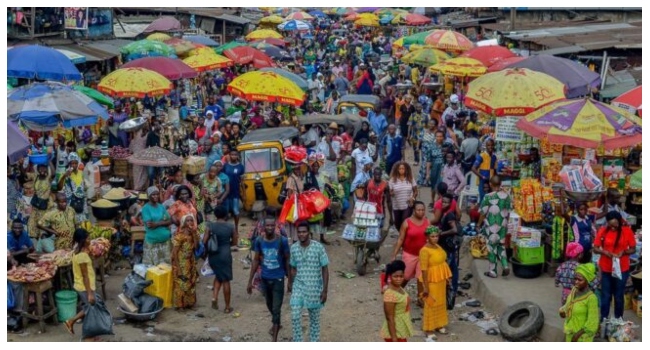The World Bank has reported that 139 million Nigerians still live in poverty, despite the country’s economic reforms. This was stated by Mathew Verghis, the World Bank’s Country Director for Nigeria, at the launch of the Nigeria Development Update report in Abuja. Verghis acknowledged the government’s efforts in stabilizing the economy through recent policy reforms, including changes to the exchange rate and petrol subsidy.
According to Verghis, these reforms have laid the foundation for transforming Nigeria’s economic trajectory. The country has seen growth, rising revenues, improving debt indicators, a stabilizing foreign exchange market, and increasing reserves. Additionally, inflation is beginning to decrease. However, Verghis also raised concerns about the nation’s food inflation rate, which affects the poor disproportionately and has the potential to undermine support for reforms.
The World Bank country director emphasized the need for further action to ensure better living standards for Nigerians. He suggested that a shock-responsive safety net system could help households manage crises. Verghis also highlighted the importance of addressing deep-seated supply and market constraints through structural reforms, in addition to tight monetary policy.
The Nigeria Development Update report provides an assessment of the country’s economic situation and offers recommendations for future development. The report’s findings are significant, as they highlight the ongoing challenges faced by Nigerians despite the government’s reform efforts. Addressing these challenges will be crucial for achieving development across all levels and improving the lives of millions of Nigerians.
The World Bank’s report comes as Nigeria continues to navigate its economic challenges. The country has been working to diversify its economy and reduce its dependence on oil exports. The government’s reform efforts have shown promise, but more needs to be done to address the poverty and inequality that persist in the country. As the World Bank’s report notes, ensuring better living standards for all Nigerians will require sustained efforts to address the underlying issues affecting the economy and the population.
